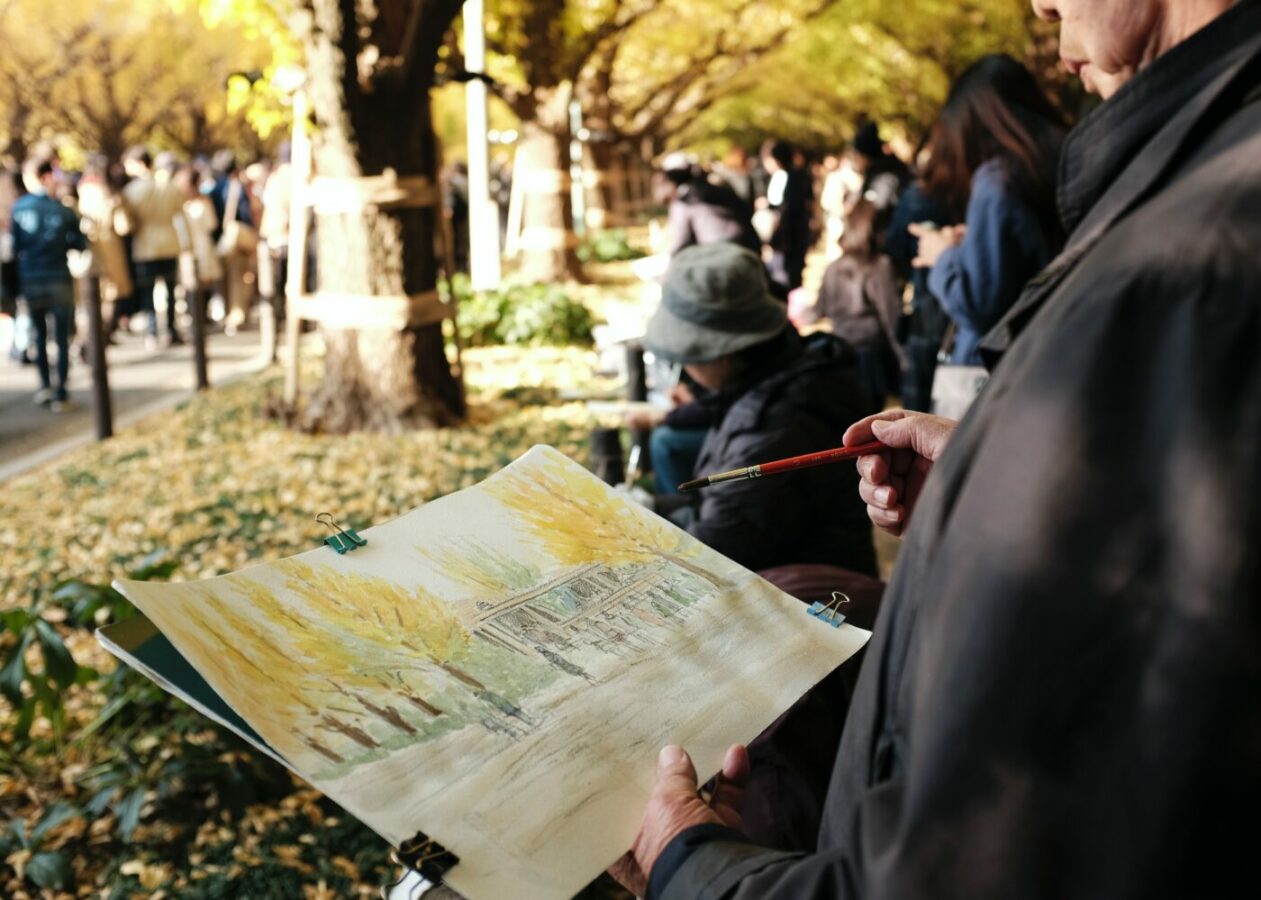Art is often considered intrinsic to human expression. It is a vessel for emotion and…

8 Winter Wellness Tips for Body and Mind
When the days get shorter, colder and a little bit ‘gloomier’ – it’s harder to keep on top of mind and body wellness. They don’t call it the ‘winter blues’ for nothing, as it is during these months where many of us can suffer from low energy and mood, difficulties sleeping and general malaise.
But the good news is there are plenty of ways to be proactive when it comes to managing our health and wellbeing when the temperature drops to single digits (and they are all rather easy, and enjoyable, to tick off the list).
Recognise that SAD is a condition
Sometimes, understanding why we feel a certain way is helpful for looking at ways to deal with it. SAD (seasonal affective disorder) is a mood disorder that occurs during the winter months, thought to be brought on by a drop in sunlight hours which affect the body’s chemical balances. If you think that this is something you may suffer from, have a read about it here.
Get a health check
The start of winter is a great time to check a health check of things like blood pressure and cholesterol, and also to see if you have any symptoms of deficiencies. Being low in iron, zinc, selenium and any of the crucial immune-boosting vitamins can make you more susceptible to ills and chills, and result in decreased energy.
Practice mindfulness
Learning how to practice mindfulness can be a wonderful tool to help the brain reduce feelings of stress and anxiety. When we teach ourselves to focus on the ‘here and now’, we are able to better concentrate on the positives around us – and this can be simple things like a cup of tea with a friend, being snug under a cosy blanket while reading a book, or breathing in the fresh sea air.
Keeping negative thoughts at bay can be tricky in winter, we often feel more isolated and unmotivated, which is why using mindfulness in your everyday life can really help you to see all of the good in your life. Read more about mindfulness here.
Low impact exercise
Getting outdoors for exercise in the colder months is difficult, however even a gentle stroll can do wonders for the mind and body. But actually, when you think about it, there’s plenty of ways to get moving indoors – whether that’s with a gentle yoga session every morning, an evening dance class, or even a lunchtime swim in a heated pool at the local aquatic centre.
Keep the brain busy
There’s one thing winter weather is perfect for – puzzles! And whether you love word finds, crosswords, jigsaw puzzles or something else, keeping your brain active is perfect for battling the winter blues. You could even see if any local bars or restaurants host quiz evenings, they are always a good laugh.
Schedule regular catch-ups
Don’t let the cold stop you from seeing friends and family, it’s important to stay social even when you’d rather hibernate at home. And lots of great fun can be had indoors, from a simple morning tea to a weekly potluck dinner or themed-based get together. Be the first one to organise something and watch as everyone starts taking turns. Book them in so you have something to look forward to and a date for people to write on their calendar.
Eat healthily and drink water
Of course it’s important to do this all year round, but for some reason it is harder to eat healthy food in winter (perhaps it’s something to do with the body wanting to insulate itself for warmth).
From roast dinners to homemade vegetable soup, ‘comfort’ eating can still be enjoyed, but just by choosing the right types of foods (and keeping portion sizes/snacks in between meals in check). It is also still important to drink lots of water, even if you don’t feel like it, because it helps to flush toxins from the body and hydration is key for fighting colds and flus.
Volunteer & help others
There are plenty of people and organisations in need around New Zealand, and being able to help others is an instant mood-booster. From warm woolen clothes for newborns, to raincoats and shoes for underprivileged children and sharing meals with families who struggle to put enough food on the table, find out where you could help in your local community. It’ll be one of the most worthwhile things you can do with your time.
If you would like to hear more or are looking for advice, we’d love to get in touch.



